Remembering the Resilience of Parkland
March 4, 2020
Two years ago, the community of Parkland, Florida was rattled forever when 17 lives were lost in a mass shooting at Marjory Stoneman Douglas High School. Just over a month later, survivors of the shooting organized the March for Our Lives. The march protested gun violence in the United States, bringing attention to the need for stricter gun control legislation and improved safety for students.
Though Parkland sounded alarm bells in the minds of many Americans, mass shootings continue to be an immense problem in the U.S. CBS News reported that in the year following the shooting at Stoneman Douglas, there were more mass shootings than there were days in the year.
While school shootings have been a massive issue for the past two decades in the U.S., the shooting in Parkland evolved into a response that had never been seen before.
The shooting at Stoneman Douglas is the deadliest high school shooting in the history of our country. But it was not just this fact that spurred such an intense response from the survivors. Almost every student at Stoneman Douglas at the time of the shooting was born after the shooting at Columbine High School in Littleton, Colorado in 1999. This is the generation that has grown up with active shooter drills and a hyper-vigilance of their surroundings on a daily basis.
Parkland had been named the safest city in Florida in 2017. Still, the Broward County Police Department instated many drills to prepare the school for an attack. Many survivors of mass shootings report confusion at the first moments of the attack, but the Parkland students knew exactly what was going on as soon as they heard the gunshots. The students should have been more prepared than anyone, but even the best active shooter drills cannot entirely prevent fatalities in these events. The shooter, who had once been a student at the school, pulled the fire alarm before the attack began in order to draw students out of the rooms, thus manipulating the very system that was put in place to protect the school.
The most important solution is gun control. It is completely unacceptable that major changes have not been put in place since the shooting. It is terrifying to think what kind of event would have to occur to motivate meaningful change. We must not let the lives lost in these attacks be in vain.
The courage and desperation displayed by the survivors during the March for Our Lives should never be forgotten. These survivors took to the Florida state capitol to rally for gun control during the same week many of the funerals were taking place for the victims of the tragedy.
The Florida state legislature passed a bill, known as the Marjory Stoneman Douglas High School Public Safety Act, which raised the minimum age to purchase a rifle to 21, instituted background checks, established waiting periods, banned bump-fire stocks, increased restrictions on mentally ill persons attempting to purchase a gun and provided initiatives for school “guardians.” It was passed on March 9, 2018.
However, much more must be done if change is to be made on a national scale. The subject cannot be dropped after a month of public mourning. The candidates for the 2020 Democratic presidential nomination were not asked a single question about gun violence at the recent debate in Las Vegas, the same city where the deadliest mass shooting committed by a single perpetrator in the history of the U.S. occurred in 2017. This issue cannot be swept under the rug nor can it be a mere talking point for candidates to impress the audience.
The tragedy does not end on the day of the shooting. The heartbreak continues to this day for everyone who witnessed the shooting or lost someone they loved.
A little over a month after the first anniversary of the Parkland shooting, one survivor, Sydney Aiello, died by suicide. Aiello was known to be suffering from PTSD and struggling with survivor’s guilt. Another student survivor, Calvin Desir, died by suicide the day after Aiello’s funeral.
The rampant rate of mass shootings in the U.S. is unacceptable. Just days ago, on Feb. 27, five employees were shot and killed at the Miller Brewery in Milwaukee. Lt. Gov. Mandela Barnes told the media, “We should never grow comfortable in the face of these repeated tragedies all across America.”
The responses echoed those made after Parkland, after Las Vegas, after Orlando, after Sandy Hook … the list goes on. Unfortunately, we have grown comfortable with these tragedies. These attacks make fewer and fewer headlines with each recurrence. The frustration at the lack of an effective legislative solution is understandable, but it cannot lead us to sit back and give up. Just as it did in Parkland, the heartbreak and frustration must be channeled into standing up and refusing to let these lives be lost in vain.
With the coming 2020 presidential election, do not let discussions of gun control fall to the wayside. It remains an important issue that cannot be forgotten.
You cannot wait until it is your child or your life that is lost in the next shooting to take action. As Manuel Oliver, the father of victim Joaquin Oliver, explained, “You don’t have to pay the price that we paid to understand what is going on.”
Kelly Christ, FCRH ’21, is an English and psychology major from Long Island, NY.
Columnist volume 101, Editorial Director and Opinion Editor volume 102

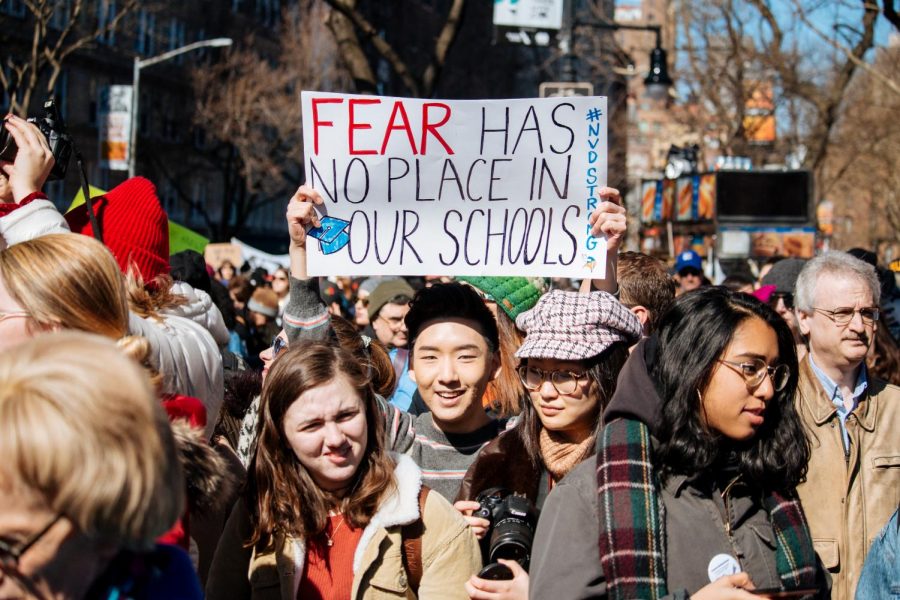



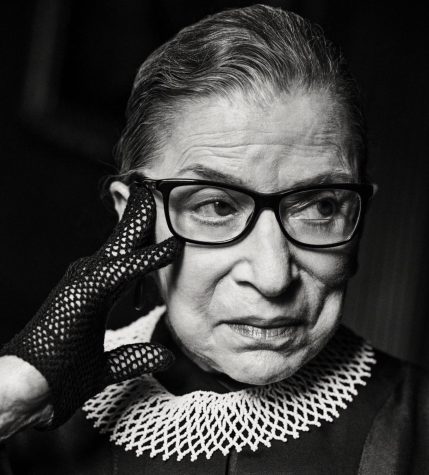

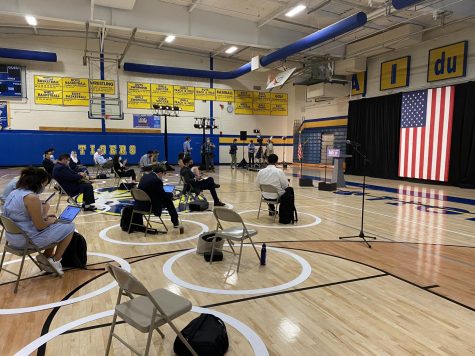
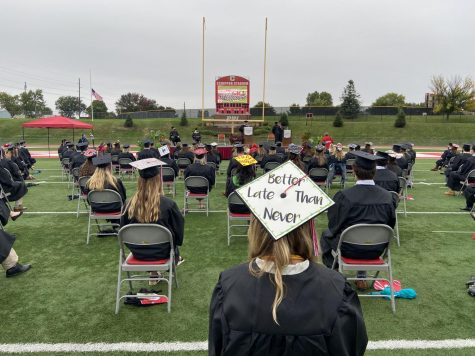
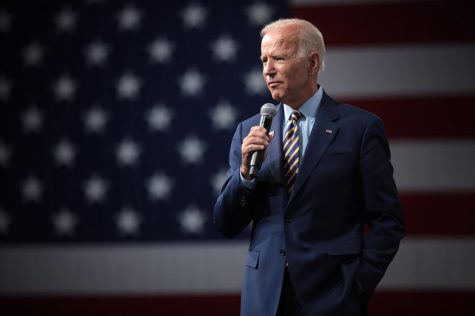
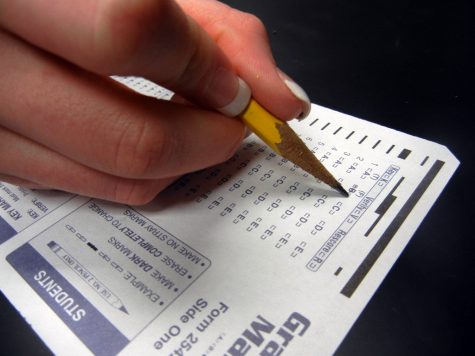

If you want a picture to show with your comment, go get a gravatar.